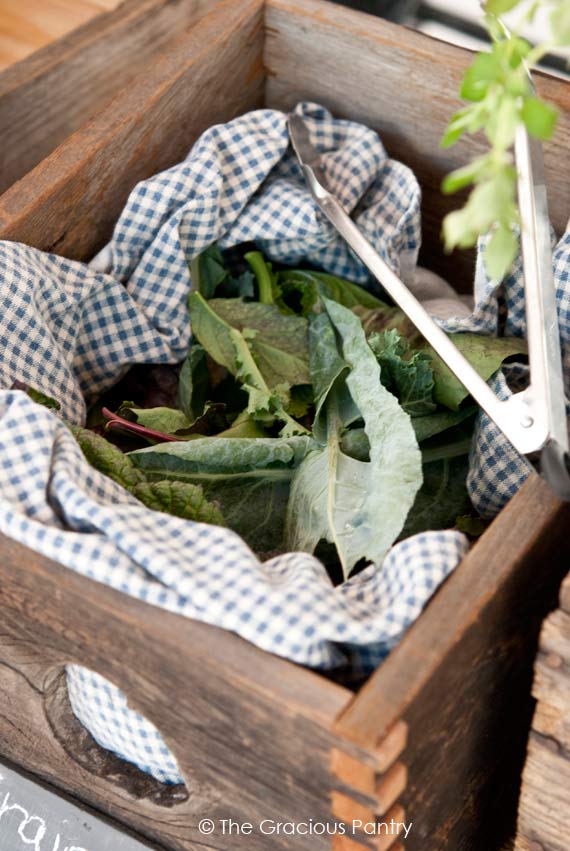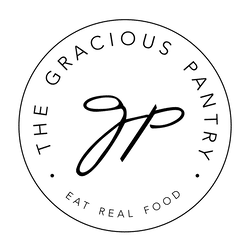Organic Or Sustainable? What’s the difference?

Today I’d like to talk a little about organics. I know there are many people who simply cannot afford them. But for those of you who do purchase them, do you know what you’re buying?
Many people who are hard-core organic food eaters have developed a “holier than thou” attitude about eating organic foods. They believe that if they are eating 100% organic food, then there are no chemicals tainting their bodies. They would be wrong.
When it comes to deciding between organic or sustainable, and deciding which is better for you and your family, we first need to cover what each term means. So let’s look at their definitions.
ORGANIC
“In the context of these regulations, organic food is food produced in a way that complies with organic standards set by national governments and international organizations.” Source
SUSTAINABLE
“Food that is healthy for consumers and animals, does not harm the environment, is humane for workers, respects animals, provides a fair wage for the farmer, and supports and enhances rural communities.” Source
Now lets compare the differences between the two.
Please note, this was a class assignment asking us to look at food that is local to our area. So certain information here reflects that and may not be true for all areas.
ORGANIC
“Organic” is a government certification that specifies that foods grown under this label will not have particular/specific pesticides applied to them. There are strict regulations about what qualifies as “organic”. Most consumers falsely believe that organic produce is completely free of all pesticides and chemicals, when in fact, certain pesticides are allowed in the use of organic farming.
Organic farming practices also usually involve the use of large pieces of land, no regulation on water consumption and can sometimes encourage the mono-crop farm, though this is sometimes less so than with standard farming. Organics do not necessarily leave a smaller carbon foot print as they are often brought in by truck and other forms of transportation from other countries. We get a lot of organic produce here from Mexico and Chili. So the energy involved in getting it here is huge.
Products and produce that are organic are still typically packaged like any other product as well. This is all government managed and has nothing to do with anything in farming practices beyond the absence of certain chemicals. That being said, if my only choices are organic produce or standard produce, I will choose organic every time when I can afford it. But that would be in the absence of food that is sustainably grown.
Here’s an interesting article on the Wall Street Journal: Organic is not sustainable.
SUSTAINABLE
“Sustainable” is not a certification. There are no rules or regulations governing what constitutes sustainable farming or practices. But sustainable farming will typically involve smaller pieces of land, multiple types of crops, water conservation and even alternative forms of energy. Sustainable farming also tends to take “local” to a whole new level. When something is sustainable, it is far more likely to have been grown down the street or a town or two over from you.
Typically, if a product is sustainable, consideration for packaging is also involved and in many cases, there just isn’t any packaging. Sustainable will also extend beyond the farm into the day-to-day living of those who farm this way. Sustainable living in general, including sustainable farming, benefits the environment as a whole.
HOW DOES THIS GET APPLIED TO CLEAN EATING?
The truth is, not everyone can afford organic or sustainable food. And that’s okay. You can still eat clean with conventional foods. But if you have the option to purchase organics, the point of this article is more about making informed decisions and understanding that while organics are a definite step in the right direction, sustainability is what we really want to push for in the market place. Seek out sustainable produce if you can find it and afford it. Remember that our purchases have power and can drive entire corporations in one direction or the other.
CONCLUSION
There is an entire moral and ethical aspect to sustainable farming that isn’t always present in organic farming. That’s not to say that an organic farmer can’t take on sustainable practices or have high standards for their own farm beyond government requirements, but overall, sustainable practices are much more focused on working in harmony with the environment and truly avoiding all chemicals and pesticides.
The way I see it, sustainable farming includes organic farming. But organic farming does not always include sustainable farming or practices.


Thank you for this article, something to think about. Have been trying to buy and eat organic as much as possible as the area I live in does not grow much in way of produce except what you grow yourself. Much of the organic we get at stores here is not the freshest because it does come from far away. Trying to eat out of my garden as much as possible only have lettuce, kale and a few herbs right now. Pretty new to gardening but it is fun to grow my own food. Anyway enjoy your blog.
Joyce – The more you grow the more you will grow. Growing your own food is contagious. You start with a few plants and before you know it, you’ve added an entire garden! I’m in the process myself. 🙂